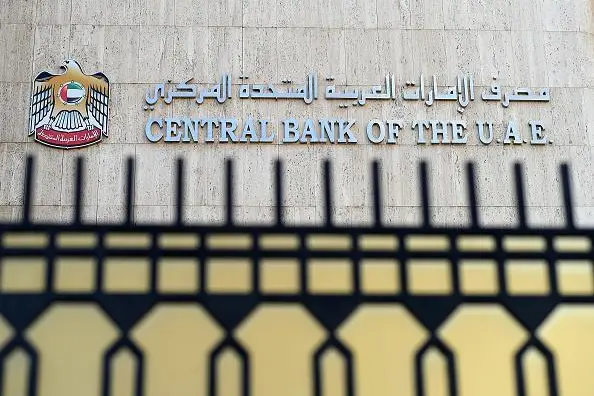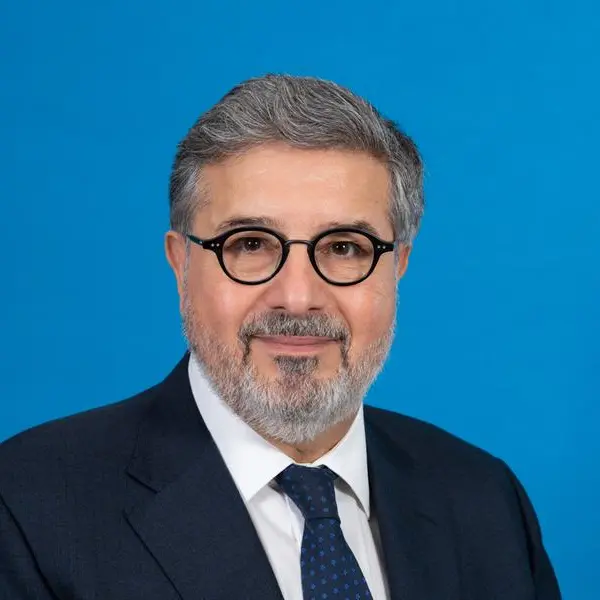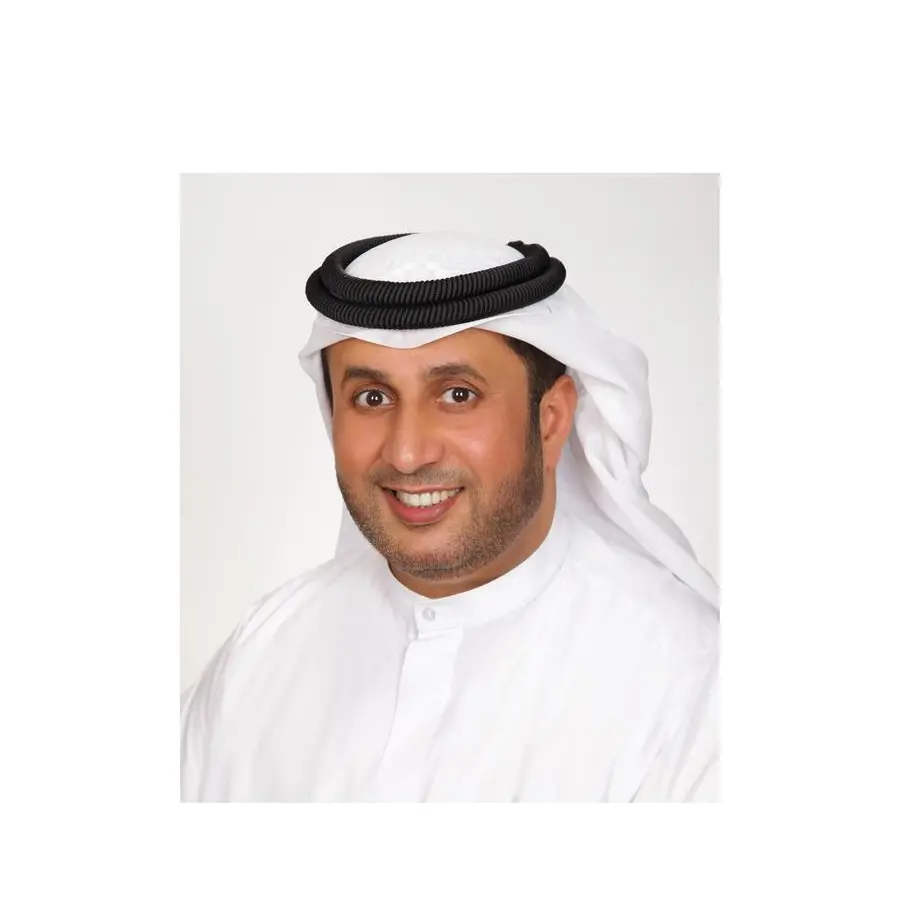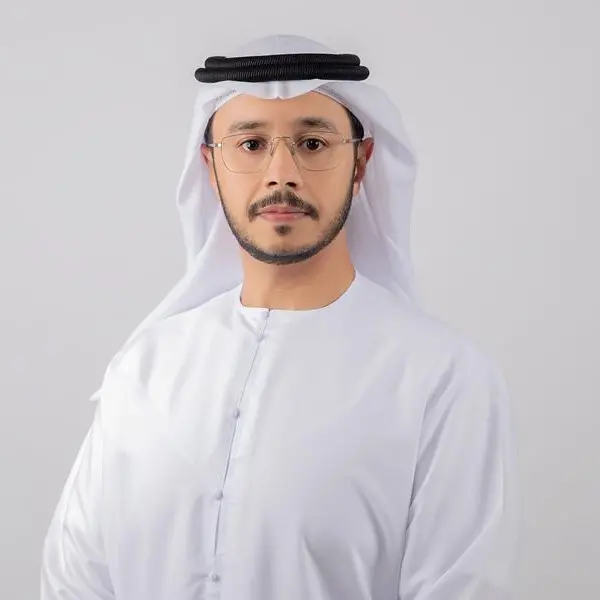PHOTO
Abu Dhabi: The Central Bank of the United Arab Emirates (CBUAE), and the Higher Shari’ah Authority, has issued guiding principles on sustainable Islamic finance. These guidelines aim to incentivise and encourage Islamic financial institutions to bolster sustainability within their practices and processes, aligning with a vision that considers both environmental and social dimensions.
The issuance of the guiding principles coincides with the UAE’s hosting of the Conference of the Parties (COP28), which highlights sustainable practices and foster united efforts in addressing sustainability-related challenges.
The guiding principles comprise ten directives for Islamic financial institutions, aimed at instituting and effectively implementing sustainability. These directives involve clear strategies and plans to facilitate this objective.
Additionally, the guiding principles delineate Shari’ah-based foundations to enhance decision-making approaches, particularly concerning sustainability. They also emphasise the development of financial products that will positively impact, and engage with, environmental and social factors.
Commenting on the issuance His Excellency Khaled Mohamed Balama, Governor of CBUAE, said: “Islamic financial institutions play a pivotal role in fostering collaboration and engagement to improve sustainability practices within the UAE's financial sector. This aligns with the vision of our wise leadership aimed at constructing a more sustainable future. The guiding principles aim to elevate the standing of Islamic finance as a foremost sustainable financial sector in the UAE, leveraging the robustness of Shari’ah regulations and its capacity to integrate sustainability standards.”
His Eminence Sheikh Dr Ahmed Abdel Aziz Al-Haddad, Chairman of the Supreme Shari’ah Authority, stated: “Islamic financial institutions are actively engaged in their societal contributions and the Higher Shari’ah Authority is dedicating its capabilities and expertise to increase efforts to drive sustainable financing. These developments align with achieving legitimate objectives and desired goals.”
-Ends-


















